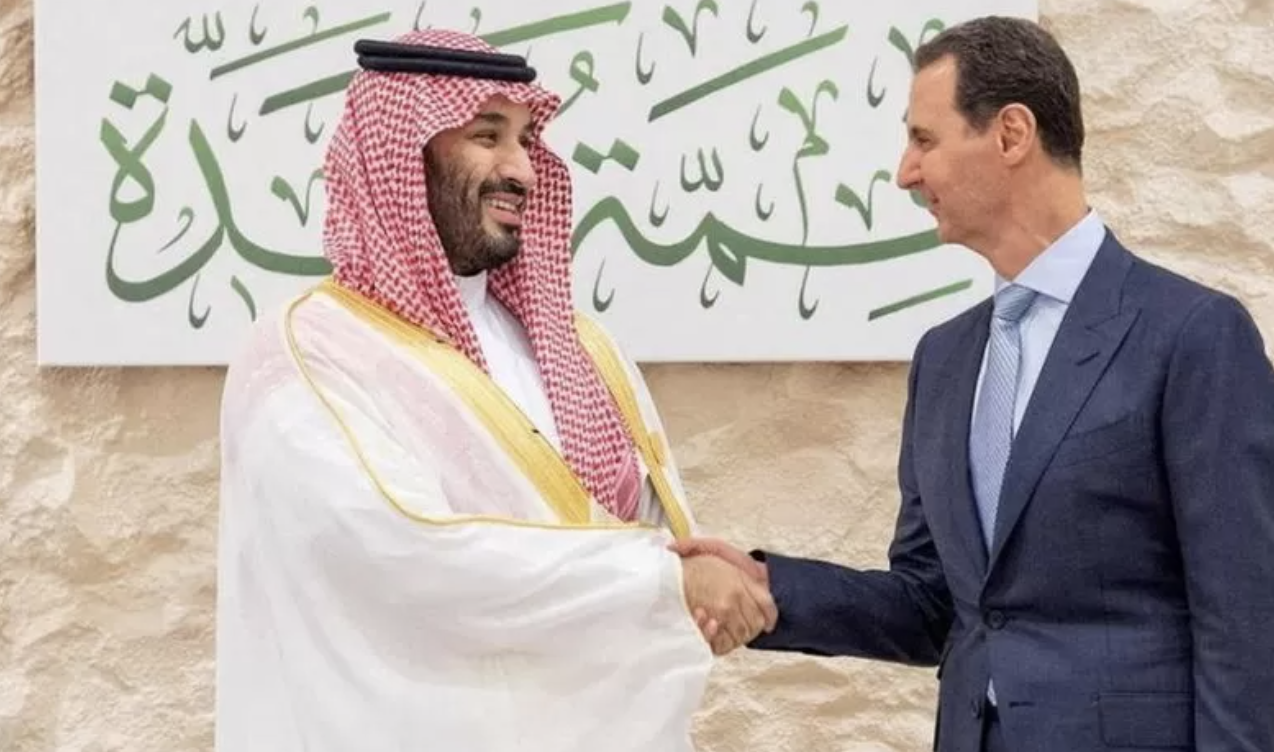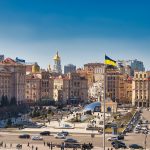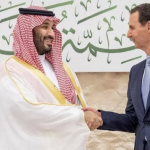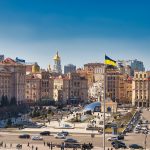You May Also Be Interested In:
Syrian President Bashar al-Assad, attending his first Arab League summit in over a decade, spoke of a significant chance for Arab nations to reshape their region “with minimal foreign interference.” Syria’s readmission to the Arab League comes after it was suspended at the onset of the civil war in 2011 and was reinstated following acknowledgment of Assad’s secured grip on power by opposition-backing states.
Addressing delegates at the summit, Assad expressed hope that this event would mark the beginning of a new phase of Arab solidarity, peace, development, and prosperity. He emphasized the opportunity for Arab states to rearrange their affairs independently, with limited external involvement.
Ukrainian President Volodymyr Zelensky, also present at the summit, accused certain Arab leaders of turning a blind eye to Russia’s invasion. Syria remains the only Arab League nation openly supporting Russia’s war.
Assad’s attendance was eagerly anticipated after receiving an invitation from Saudi Arabia just a week ago. He received a warm welcome, including a hug from his Saudi host, Crown Prince Mohammed bin Salman. Saudi Arabia had supported rebel groups in their fight against Assad’s regime, but their support diminished as jihadist organizations gained power, and Assad’s forces prevailed following Russia’s intervention in 2015.
During a meeting of the foreign ministers of the 22 member states, Arab League Secretary General Ahmed Aboul Gheit expressed hope that Syria’s reinstatement signaled an end to the conflict. However, not all countries were enthusiastic about Syria’s return. Qatar’s foreign minister mentioned that they dropped their opposition to maintain Arab consensus.
The United States reiterated its stance, stating that it does not believe Syria merits readmission and that it will not normalize relations with the Assad regime. Other Syrian citizens opposed to the government also denounced Syria’s reinstatement, citing the loss of lives, imprisonment, and torture endured under the regime.
Arab states have been establishing closer ties with Syria, particularly following the recent earthquake in Turkey and northwestern Syria. In the aftermath of the disaster, previously hostile nations provided humanitarian aid to Syrian government-controlled areas. Additionally, in a surprising move brokered by China, Saudi Arabia restored diplomatic ties with its regional rival Iran, which, along with Russia, has supported Assad’s forces in regaining control of major Syrian cities.
Despite these developments, substantial portions of Syria are still held by Turkish-backed rebels, jihadists, and Kurdish-led militia fighters supported by the United States. The war has resulted in approximately half a million deaths and displacement of half of Syria’s pre-war population of 22 million, with 6.8 million internally displaced and 6 million refugees or asylum-seekers abroad.
Even prior to the earthquake, an estimated 15.3 million people in Syria required some form of humanitarian assistance, the highest number since the war began.
Here's A Video We Thought You Might Also Like:
Author Profile
Latest entries
 World2023.05.19Georgian anger as Russian flights land again in Tbilisi
World2023.05.19Georgian anger as Russian flights land again in Tbilisi Breaking News2023.05.19Assad Urges Arab Leaders to Seize ‘Historic Opportunity’ in Remaking the Middle East
Breaking News2023.05.19Assad Urges Arab Leaders to Seize ‘Historic Opportunity’ in Remaking the Middle East Breaking News2023.05.19Volodymyr Zelensky Accuses Arab Leaders of Neglecting Russia’s Invasion Ahead of G7 Summit
Breaking News2023.05.19Volodymyr Zelensky Accuses Arab Leaders of Neglecting Russia’s Invasion Ahead of G7 Summit Breaking News2023.05.19President Biden Announces US Support for Joint Training Initiative to Strengthen Ukrainian Air Force
Breaking News2023.05.19President Biden Announces US Support for Joint Training Initiative to Strengthen Ukrainian Air Force






